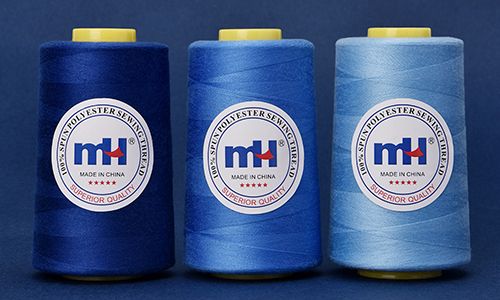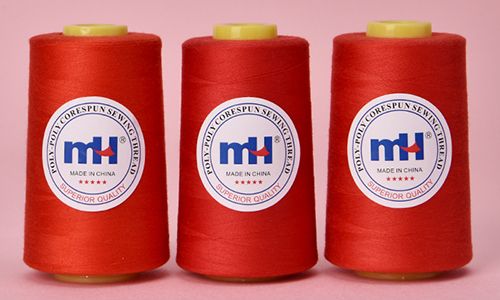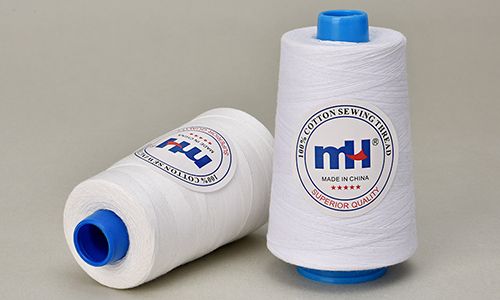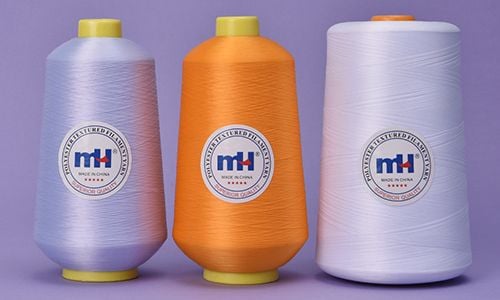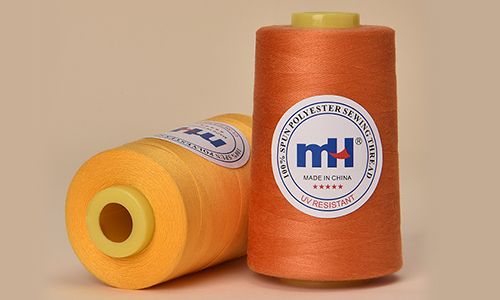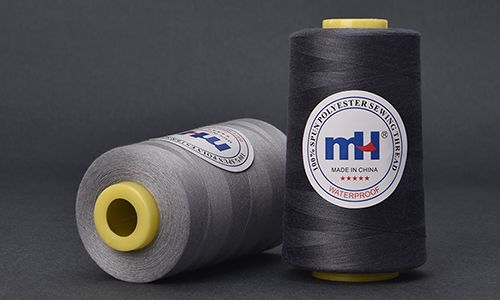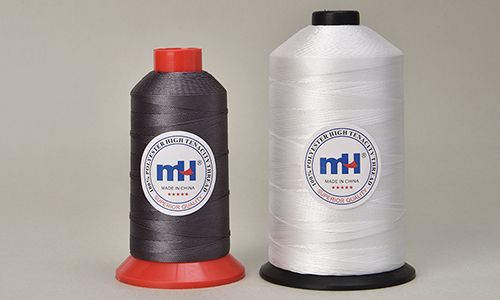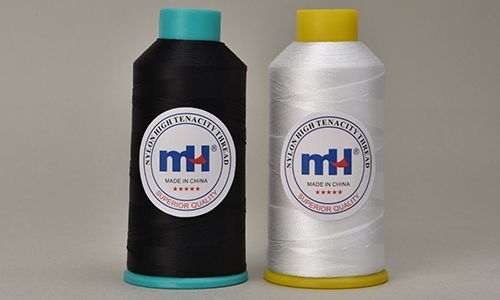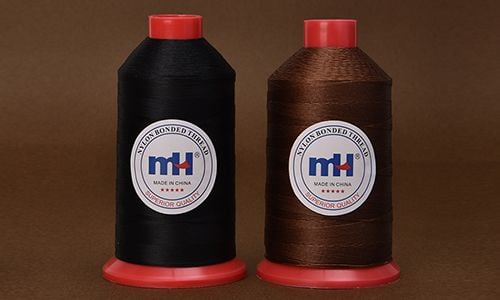Household and Recreation
-
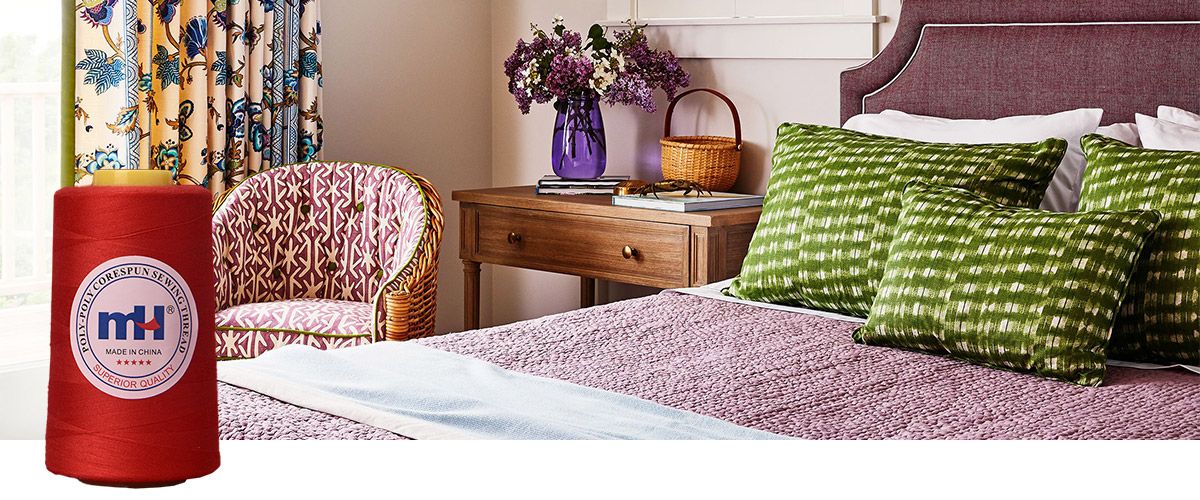
Home Textiles
Choosing the right sewing thread for home textiles is important to ensure the durability, functionality, and overall aesthetic appeal of your projects. Whether you're working on curtains, pillows, bedding, or other household items, here's a guide on how to select the appropriate sewing thread:
Thread Material: The material of the sewing thread should complement the fabric you're working with. Common thread materials for home textiles include cotton, polyester, and blends of the two.
- Cotton Thread: Ideal for natural fabrics like cotton, linen, and lightweight materials. It provides a soft and natural appearance, making it suitable for projects with a rustic or vintage feel.
- Polyester Thread: Versatile and strong, polyester thread works well with various fabrics, including synthetic and blended textiles. It's known for its durability, color-fastness, and resistance to fading and shrinking.
- Blended Thread: Threads that combine cotton and polyester can offer the benefits of both materials, providing strength and a natural look.
Thread Size: The thread size (thickness) you choose depends on the weight of the fabric and the purpose of the project. For home textiles, a medium-weight thread (e.g., 40wt) is generally suitable. If you're working with heavier fabrics, like upholstery materials, you might opt for a heavier thread.
Seam Type: The type of seam you're sewing influences the thread type and size you should use. For most home textiles, straight stitches are common. However, if you're working on projects that require more stretch, like fitted sheets or cushion covers, consider using a slightly stretchy thread or incorporating a zigzag stitch.
Special Considerations: If your home textiles will be exposed to sunlight, consider using UV-resistant threads to prevent fading. If you're creating items like kitchen linens or tablecloths that will undergo frequent washing, opt for threads that are colorfast and resistant to washing and detergent.
-
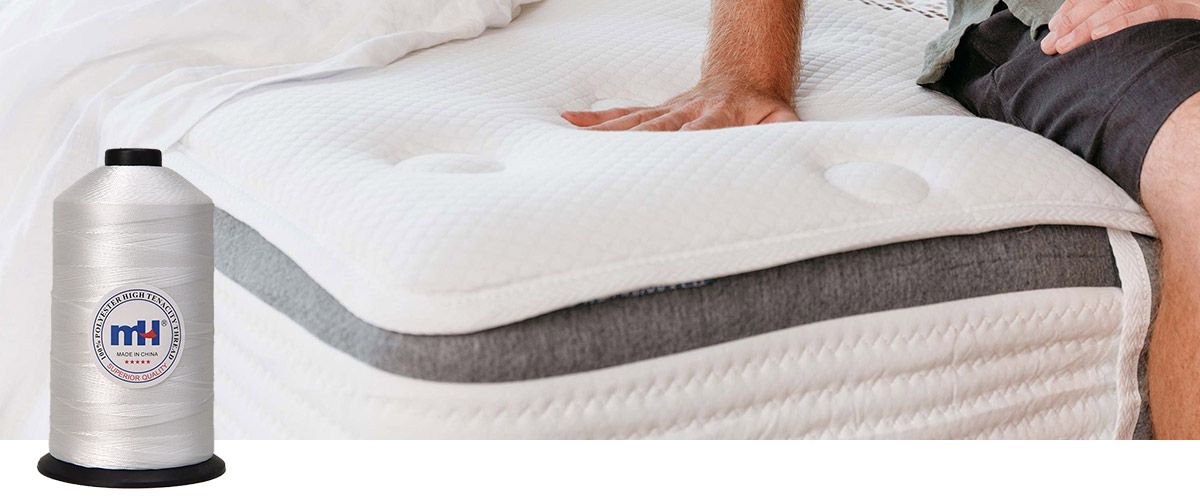
Mattress and Sofa
Selecting the appropriate sewing thread for sofas and mattresses is crucial to ensure the durability, comfort, and longevity of these large and often heavily used pieces of furniture.
Material: For sofas and mattresses, you'll want to use a strong and durable thread that can withstand the weight and stress placed on the seams. Polyester thread is a popular choice due to its strength, resistance to abrasion, and ability to handle tension. It's also available in various colors to match your fabric.
Thread Size: The thread size you choose depends on the weight of the fabric and the specific project requirements. For upholstery work, a medium to heavy thread size (e.g., 69 or 92) is often used. A thicker thread provides more strength and stability for the seams.
Testing: Before sewing the final sofa or mattress pieces, perform test stitches on scraps of the fabric and padding to ensure that the chosen thread, needle, and sewing machine settings are appropriate.
-
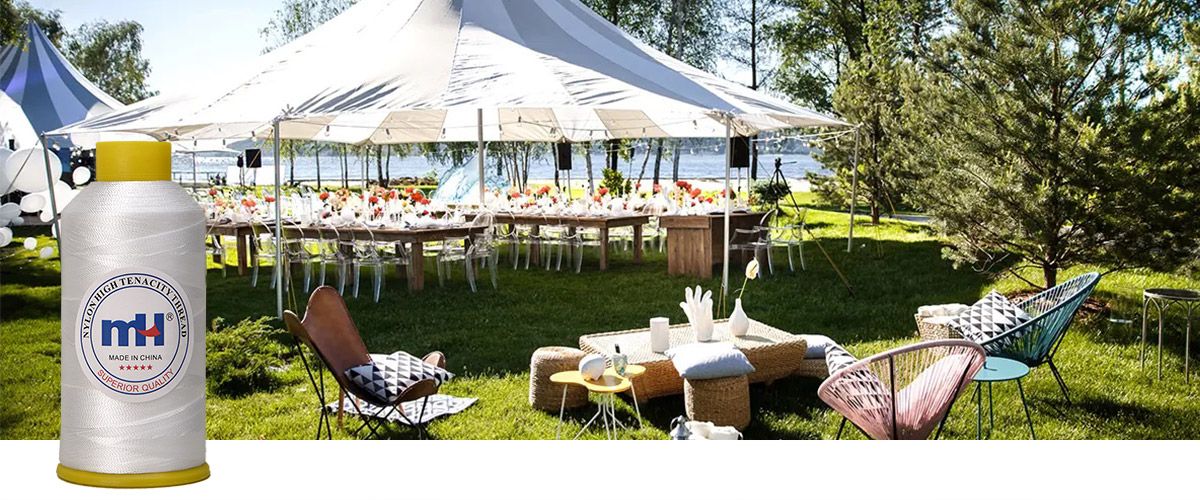
Outdoor Gear
Choosing the right sewing thread for outdoor gear is crucial to ensure that your gear can withstand the elements, abrasion, and stress associated with outdoor activities.
Material: Outdoor gear requires threads that are both strong and resistant to environmental factors such as UV rays, moisture, and abrasion. Consider using threads made from materials like polyester or nylon.
- Polyester Thread: Polyester threads are known for their strength, durability, and resistance to UV rays and moisture. They maintain their color well and are suitable for a wide range of outdoor gear.
- Nylon Thread: Nylon threads are also strong and have good abrasion resistance. They are especially useful for gear that needs to stretch or flex.
Thread Size: Choose a thread size that matches the weight and purpose of the outdoor gear. Generally, a medium to heavy thread (e.g., 69 to 138) is recommended for outdoor gear to ensure strong and reliable seams.
 Whatsapp:
Whatsapp: 